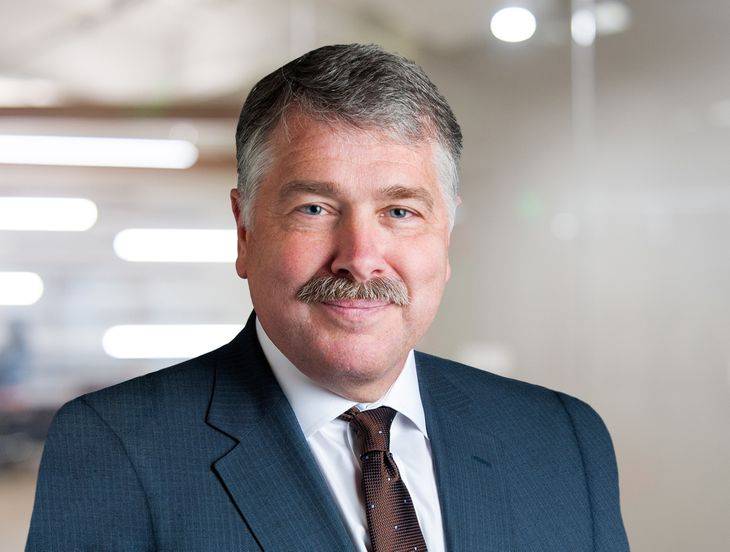Does a Workplace Have To Be Perfect?
Insights
8.22.15
I recently blogged about the debate on CEO and employee pay ratios.I urged employers to seize the high ground and decide what their attitude is as to their “responsibility” is to their employees.I’m a pragmatist.I believe that in the long run, employers will prosper (and avoid the need for my services) by consciously focusing on improving their employees’ lives.I’ve made it clear that I do not believe that employers are social workers.Your role is to make money.Competition and drive is good for society.However, just as we develop business plans and marketing strategies, we must develop plans to treat our employees “fairly.”“Fairness” is a spongey concept, and one often high jacked by unions and the government.But it is also the best determinant of employee satisfaction.The term defies the quantification that my analytical nature desires, but somehow employees recognize “fairness.” They don’t expect the highest wages, the best benefits, the most engaging atmosphere, but they do expect to be treated fairly.We ignore this expectation at our own peril!
So, what business plan have you made to ensure that employees believe that they have been treated “fairly?”Be honest with yourself; have you even considered this question in your business plans?
I’ve been chewing on this question and the whole concept of “fairness” and its relationship to an enterprise’s success for several weeks since I criticized the Dodd Frank requirement that publicly owned employers publicize CEO/employee pay ratios.I redoubled my analysis after I read Elon Musk’s biography and the New York Times critical article about Amazon’s treatment of its employees.
Workplace perfection is neither normal nor necessary.A common theme in biographies of guys who are changing business is that they screw up a great deal along their journey to greatness; especially in how they treat executives and employees.Steve Jobs and Elon Musk fascinate me.Especially Elon Musk, because he wants to “make things,” such as cars, rockets and energy storage systems.He ain’t your usual dot com millionaire.
These guys were terrible bosses at many points in their journey.Many ex-employees criticize them.And yet, one gets the feeling that most of their employees and alumni are pretty proud of their tour of duty.Employees don’t expect perfection and often excuse bad executive behavior because they feel that they are part of a great hunt or race.Yeah, their idol has clay feet, but together they are going to reshape an industry.And these same bosses are often working the same crazy hours and holding themselves to the same ridiculous standards.They involve employees in their wild dreams and for all their tough demands, also routinely do things that suggest that they know that their employees routinely save their bacon.So employees weigh the good and the bad, and decide that their clay footed idols are ok.
If we take the New York Times article on Amazon at face value, Amazon sounds like a difficult place to work.And yet, many employees and managers love their experience at Amazon and are committed to its long-term mission.I do not represent Amazon.I have no inside knowledge of their business practices.Many of the concerns raised by the Amazon article concern me.But I wonder … if we polled Amazon employees and managers, would they say that Amazon treats them fairly?(See related NYT Article about Jeff Bezos Response).When I ran cross country in the SEC, our coaches would require us to occasionally run these impossible work outs which guaranteed that we would throw up.Same for my daughter, who years later ran the same work outs, although she was far more of an elite runner than me.We didn’t mind the physical challenge.In fact, we reveled in the challenge and howled with laughter about throwing up.We were young and welcomed the challenge.But the reason that we viewed this experience with such amusement is that our coaches never physiologically abused us.They valued us and watched out for our health, so when asked, we’d run until we puked.And laugh afterwards.The coaches in our respective generations demanded excellence.They expected us to give it our all.But they never took us for granted.
I suspect that many people who came up under Steve Jobs and Elon Musk would say the same thing.It’s a badge of honor to have worked 80 hours a week and slept at work in order to create Toy Story, IPhone, and Tesla, or to put pay loads in space.
I’m not defending Amazon, Elon Musk or Steve Jobs.They’d probably admit their clay feet.My point is that, apparently many or most of their employees have felt that they were treated fairly.So the question is “why?”
Their answers are instructive, but that’s not the important point. My point is that you, my readers, need to consider what’s important to your employees, and include this consideration in your business plan.And do critically learn from Amazon and other companies’ failings and strengths.
Who knows, some day maybe they’ll write a book about you.
Howard
Related People
-
- Howard A. Mavity
- Partner
